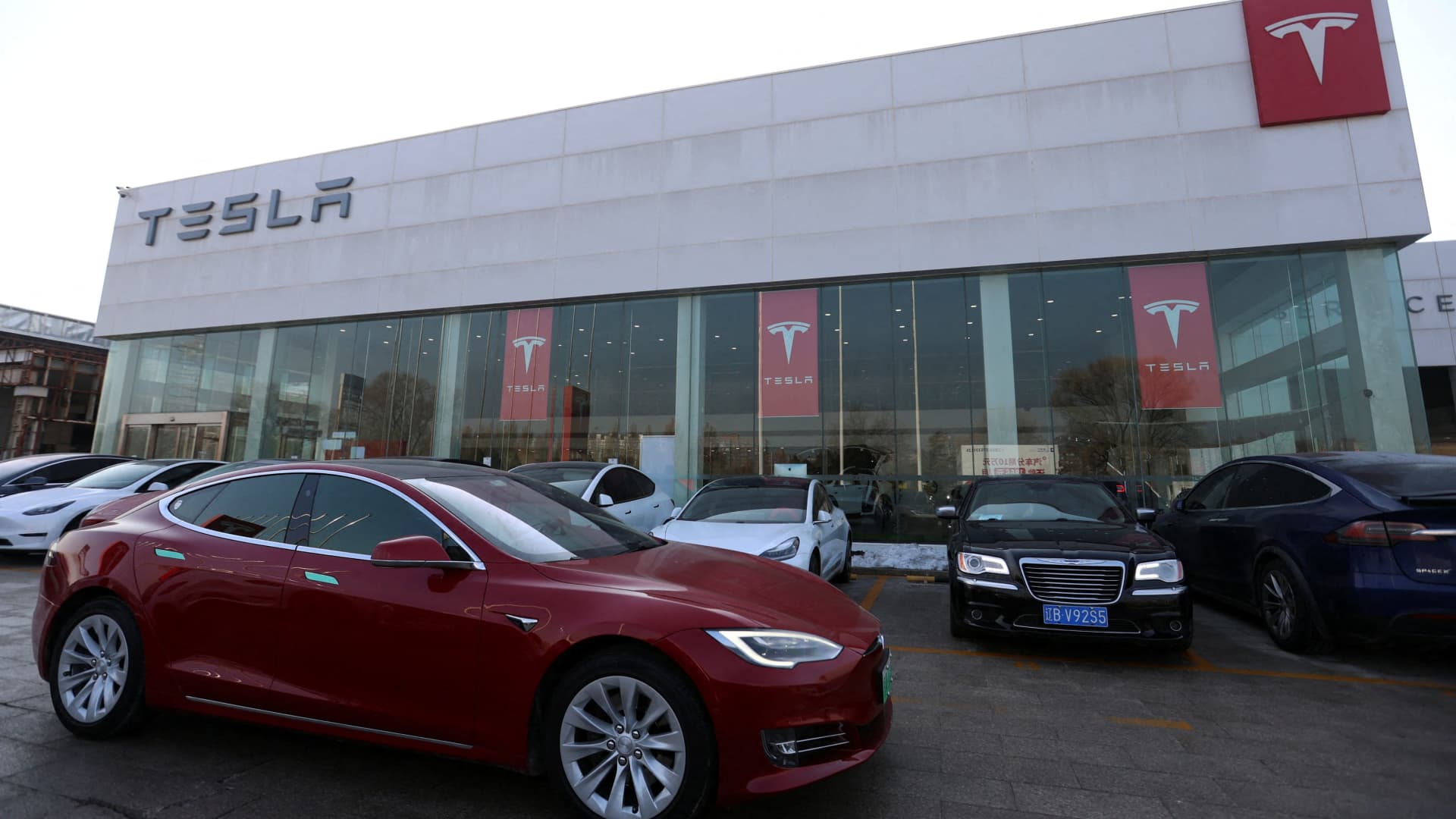NEW YORK (Reuters) – Lyft Inc was sued on Friday by a former driver who accused the ride-sharing company of failing to provide required paid sick leave to drivers in Washington, D.C., a policy she said could fuel the spread of the coronavirus.
FILE PHOTO: The Lyft logo is seen on a parked Lyft Scooter in Washington, U.S., March 29, 2019. REUTERS/Brendan McDermid
Cassandra Osvatics, of Bowie, Maryland, accused Lyft of subjecting current and former drivers to a “Hobbesian choice” between having to risk their livelihoods by staying home when sick, or “risk their lives (and the lives of their passengers)” by working through their illnesses.
Underlying the proposed class action is a belief that Lyft drivers qualify as employees, entitling them in the nation’s capital to about seven paid sick days annually based on 2,000 hours worked.
Lyft and larger rival Uber Technologies Inc have long contended their drivers are independent contractors, and therefore not owed benefits available to employees.
The lawsuit seeks unspecified damages.
In a statement, San Francisco-based Lyft said it is financially supporting drivers who contract the COVID-19 disease, and helping drivers obtain federal relief including paid sick leave.
“Forced reclassification would jeopardize access to thousands of dollars in federal funds at the worst possible time,” it said.
Christopher McNerney, a lawyer for Osvatics, said experts believe paid sick leave reduces the spread of illnesses, including when drivers and passengers carry them home.
“This is a national issue, because ride-share companies are not providing sick leave anywhere,” he said. “You want drivers to stay home when they’re sick, so when you hop in a Lyft car you won’t get sick.”
Many ride-sharing employment disputes end up in arbitration, but McNerney said they belong in court because drivers engage in interstate commerce by ferrying passengers across state lines.
In January 2019, the U.S. Supreme Court said a federal arbitration law did not require transportation workers, including independent contractors, engaged in interstate commerce to arbitrate their claims.
The case is Osvatics v Lyft Inc, U.S. District Court, District of Columbia, No. 20-01426.
Reporting by Jonathan Stempel in New York; Editing by Alistair Bell






